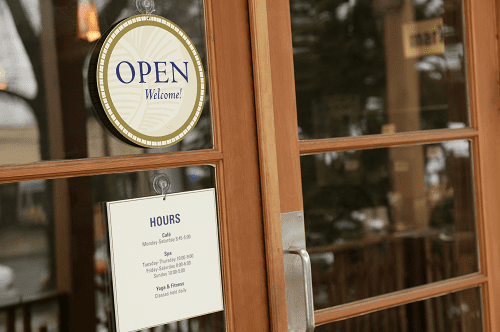
How Long Do You Have to File a General Liability Claim?
Every business should have general liability as part of their insurance policy. This coverage provides compensation for bodily injury or physical damage you may directly or indirectly cause to someone else. It offers medical expense assistance as well as helps with legal expenses relating to lawsuits. General liability often comes in bundles, such as when it is paired with property coverage as part of a business owners policy.
When an accident occurs, such as a customer slipping and falling in your store, you can file a claim on your general liability policy. 
There are a few different areas of general liability:
-
Bodily Injury: This provides compensation if a guest or client obtains an injury due to regular business operations.
-
Property Damage: This provides compensation if someone else’s property is damaged due to regular business operations.
-
Products Liability: This liability coverage protects the business in case a lawsuit arises due to injury or accidents caused by a product.
-
Completed Operations: This coverage is especially useful for companies in construction and other service industries. It protects the business if injury or damage arises from something made or provided by the company. For example, if your company installs a fridge which later falls and injures the client.
-
Personal/Advertising Injury: Personal and advertising injury refers to damage your business may cause through libel, slander or advertising.
Unfortunately, you do not have all the time in the world to file a claim. You must follow your policy’s rules and limitations in order to receive compensation for a general liability claim.
Say one of these coverages has been called into question and your business faces a lawsuit. Lawsuits are expensive, so you want to file an insurance claim so that your company’s assets aren’t drained. The time you have to file a claim depends on the claim itself and the type of policy you have.
Claims-Made Policy vs Occurrence Policy
With liability insurance, you generally have two choices for your policy: claims-made or occurrence. General liability policies are typically occurrence policies, meaning the claim is only covered if the incident occurred while the policy was in place. With a claims-made insurance policy, the coverage only steps in if the claim is filed against the insured while the policy is active, regardless of when the actual incident occurred.
Be sure to ask your insurance agent about what type of policy you have and if there is a time limit to file a general liability insurance claim.
Tags: commercial, coverage, general, insurance, liability
